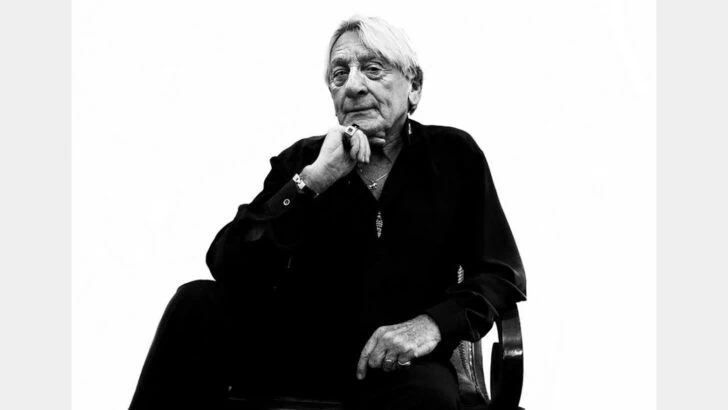★★★★★ by Ifan Llewelyn
Donizetti’s Don Pasquale is largely regarded as the high-point of the 19th-century opera buffa tradition, with four of the century’s best-loved performers gathering on the stage of Paris’ Théâtre-Italien to great success. It’s the interplay between these four players that sets the play alight, with trickery, confusion and conniving being its kindling. Damiano Michieletto’s production is camp and contemporary in equal measure, delivering on the pieces comic potency. Far from a drab and arduous evening at the opera, Don Pasquale at the Royal Opera House is a dynamic and crisp production that is sure to split your sides.
The opera’s action unfolds in the home of Don Pasquale, an elderly bachelor who decides to deprive his nephew, Ernesto, of his inheritance after he refuses to marry the girl he chose for him. Ernesto is however in love with no-well-off Norina and refuses to marry another. Despite being in his seventies, Don Pasquale decides to get married himself and father a new family, with the help of his Doctor Malatesta. To prove to Pasquale how silly he’s being, Malatesta hatches a plan to have Norina pretending to be his shy and retiring sister Sofronia and marry Pasquale. Once the two are married, “Sofronia” lets her new husband have it, squandering Pasquale’s wealth on jewels, dresses and a complete house redesign. Terrorising the tyrant, we see Norina reduce the once arrogant and hubristic Pasquale to a blubbering old man begging to be let out of his misery. The piece is thematically rich, with so much to play with from the gendered dynamic of our central mismatched couple to politics of the home.
As the ageing, bumbling, undesirable bachelor, Bryn Terfel is a master of physical comedy. His initial over-elaborate swanning and self-aggrandizing posture is perfectly pitched, setting up a distinct contrast to the embittered dupe he later becomes. He becomes rootless when his familiar and cosy surroundings are taken over by his new wife who transforms his familiar home into a minimalist eye-sore.
Under Damiano Michieletto‘s direction, this contemporary take on the opera doesn’t feel like too much of a stretch. The young wife squandering her old husband’s wealth is still a prevalent comic trope, and depictions of golddiggery are never far from our television. Finding your new wife’s adulterous love letters easily translates to finding troublesome text messages on your other half’s iPhone. The production’s most daring move comes with the introduction of the green screen, which is effective in representing the deception and facades driving the plot. Paolo Fantin’s open and hard-edged design brings a real ease of movement to the opera that is so often boxed in Pasquale’s living room. The suggested walls and free-standing doors suggest the domestic space, though doesn’t trap the performers inside of it. Norina is free to command the domestic space and the stage simultaneously.
“… a real comic tour de force when acting incognito…”
As the boisterous and mischievous Norina, Olga Peretyatko is positively delicious. We meet her as she dresses stars on-set at a photoshoot, though the moment she’s left alone, she can’t help but throw on the glitziest dress on the rack. These early few moments perfectly etch out her whimsical nature. Peretyatko delivers on the opera’s comedy, with every spirited flutter of her evening gloved hand and devilish sideways smirk being an absolute delight. She becomes a real comic tour de force when acting incognito as the fresh from the nunnery Sofronia. It’s undeniably hilarious and feels like it would be perfectly at home in an episode of television’s best-loved sitcoms. She’s certainly the Lucille Ball of this I Love Lucy show.
Don Pasquale is running at the Royal Opera House, Covent Garden WC2E 9DD until 2nd November. roh.org.uk
Tosca at the Royal Opera House – ‘a brooding take on Puccini’s masterwork’


















